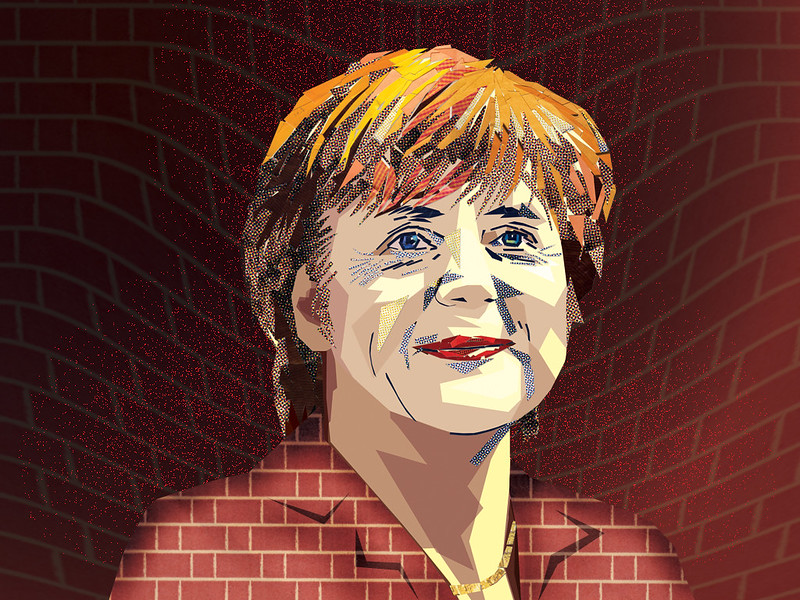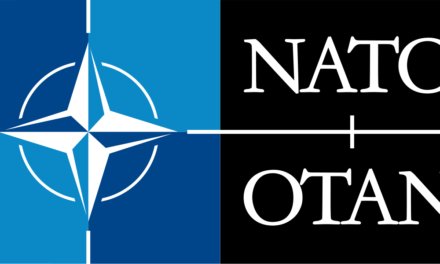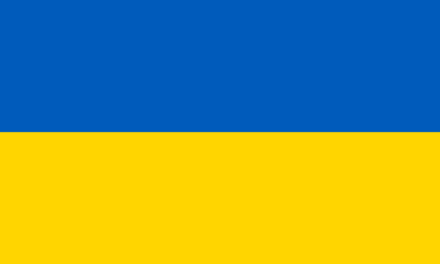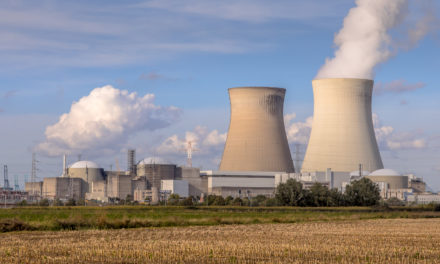Federal elections in Germany
Angela Merkel has been the German Chacellor since 2005 and she is leaving her position after sixteen years in place. Among its major decisions, one can note the exit from nuclear energy, a contested but cunning decision, because it allowed her to resume for two terms after 2013. Also noted is the welcoming of a million migrants during the Syrian migration crisis of 2015. She has succeeded in establishing Germany as the real European economic and political heavyweight, and by turning the page on reunification, and imposing the German views on all of Europe. Her succession promises to be difficult. The victory is for the SPD party, led by Olaf Scholz, former mayor of Hamburg and current coalition partner of Angela Merkel. He won the elections but he may have to deal with the liberals of the FDP party and Die Grünen party (ecologists) to form a tricolor coalition. Angela Merkel’s political runner-up at the CDU, Armin Laschet, does not appear to obtain much support from the party members, and his chances of becoming chancellor appear to be severely compromised.
Submarine crisis between France and Australia
Being under pressure from the United States and the United Kingdom, Australia canceled a contract for twelve conventional submarines concluded with the French Naval Group in 2016, and often described as the “contract of the century” at the time. Right at the same time, Australia signed a contract with the United States and the United Kingdom for eight nuclear-powered submarines under the AUKUS strategic partnership. This is a real snub for France, which seeks to maintain its presence in the Indo-Pacific region, despite Chinese and Australian views on New Caledonia, where a third referendum on independence will soon be held. Paris has recalled its ambassadors in Washington and Canberra for consultations. Soon after, the French president discussed the situation with his American counterpart. As a result of this affront, trade negotiations aimed at establishing a free trade agreement between Australia and the European Union are frozen for one month as of October 1st.
Migration crisis on the borders of Belarus and the European Union
Since the beginning of July, European Union member countries bordering the European Union have been facing an influx of illegal migrants, mainly Iraqis and Afghans, at their eastern border. This migratory route was until now relatively uncrowded, unlike the the Balkans or the Mediterranean routes. Lithuania, Latvia and Poland have started work to strengthen their borders with Belarus and prevent the flow of illegal immigrants from entering the European Union. The Europeans accuse Belarusian President Alexander Lukashenko of sending migrants to the border to put pressure on the European Union to stop its destabilizing maneuvers against him. President Lukashenko has faced a major internal challenge since the presidential elections in August 2020. Poland and the Baltic States support the democratic opposition to President Lukashenko, whom they accuse of gagging his people and violating human rights. The Europeans accuse the Belarusian president of using migrants as a means of blackmailing the West. Many voices were raised to ask the Polish, Lithuanian and Latvian authorities to welcome the migrants. Many people see behind these migratory maneuvers the hand of Russia, to keep the pressure on the European Union and thwart attempts at Western interference in Eastern Europe.
Covid
In France, the health passport remains in force to access to many places open to the public (cafes, bars, restaurants, cinemas, amusement parks, long-distance transport, etc.) and to several job categories (people working in the Health sector of in Cafés, restaurants,..) . The government is planning its extension beyond November 15th, although it will have to go through a parliamentary vote to do so. Other countries have introduced these kinds of constraints, such as Italy, Italy, Belgium, England, Slovenia or Greece, although this raises many questions in legal matters.
In Austria, unemployment benefits are withdrawn from unvaccinated unemployed people.
Numerous demonstrations took place across Europe, sometimes interspersed with incidents, against the introduction of new health constraints.
At the same time, other European countries are lifting all restrictions and do not seem to be worse off: Norway, Sweden, Portugal.






